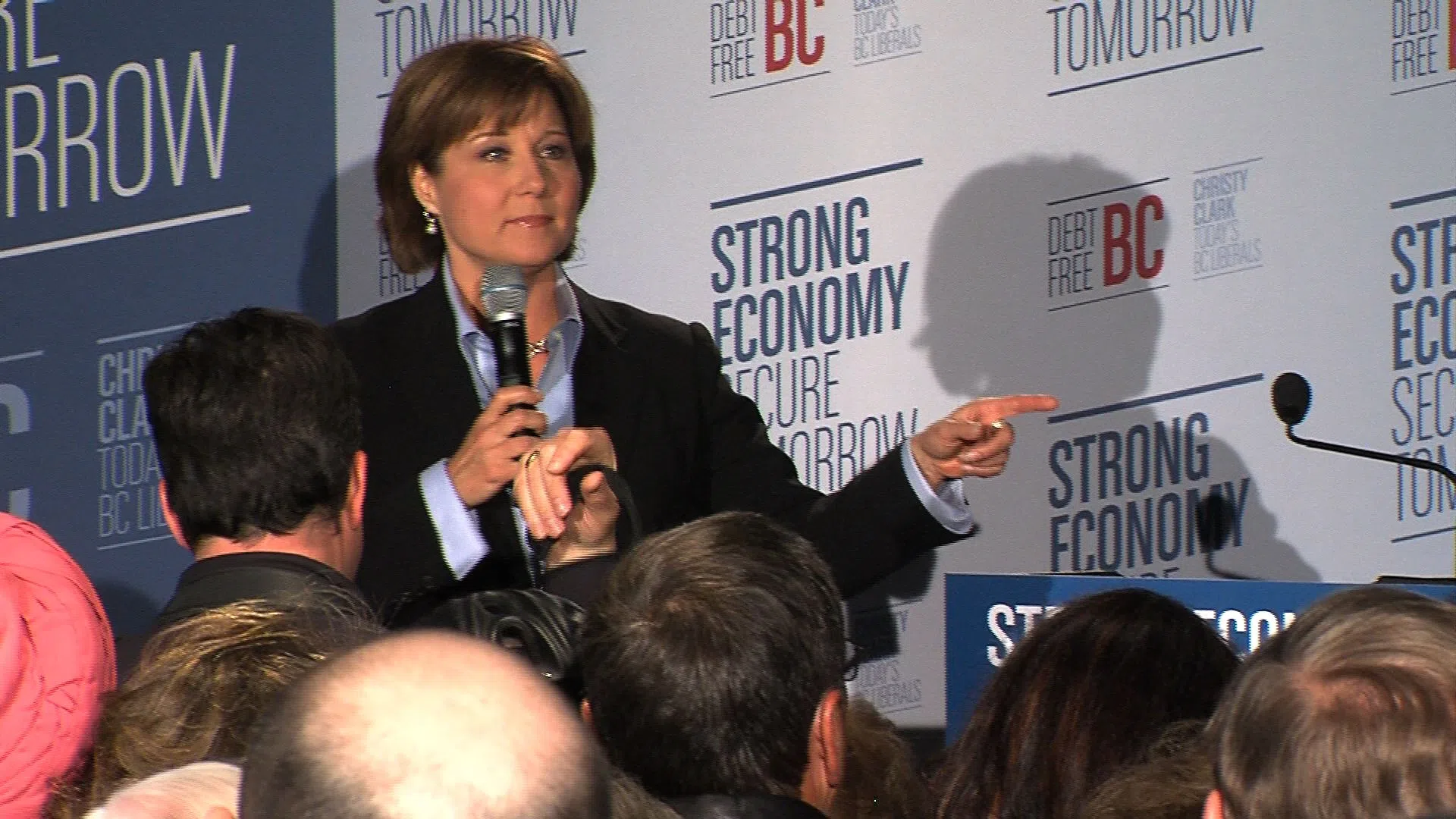
Kamloops reacts to NYT article calling BC ‘Wild West’ of political cash
KAMLOOPS — It was first brought to the attention of the BC public last April; the $50,000 stipend Christy Clark receives from the BC Liberal party was just part of a New York Times article that came out last Friday, which called British Columbia “the ‘Wild West’ of political cash”. While the Premier deflected much of the controversy surrounding the issue last spring, the article in one of the biggest newspapers in North America has many in the province calling foul on Christy Clark, including candidates running in the Kamloops – North Thompson riding in the upcoming provincial election.
In an article published Friday, the New York Times called British Columbia the ‘Wild West’ of political cash, calling attention to the lack of regulation when it comes to donating to political parties here in the province. The piece, written by Dan Levin, drew attention to the annual stipend premier Christy Clark receives from the BC Liberal Party – a $50,000 ‘top up’ to her nearly $200,000 per year salary, from funds raised by her party through political contributions.
“[There’s] definitely disappointment and a whole lot of embarrassment,” Barb Nederpel, Kamloops-North Thompson candidate for the BC NDP told CFJC Today.


